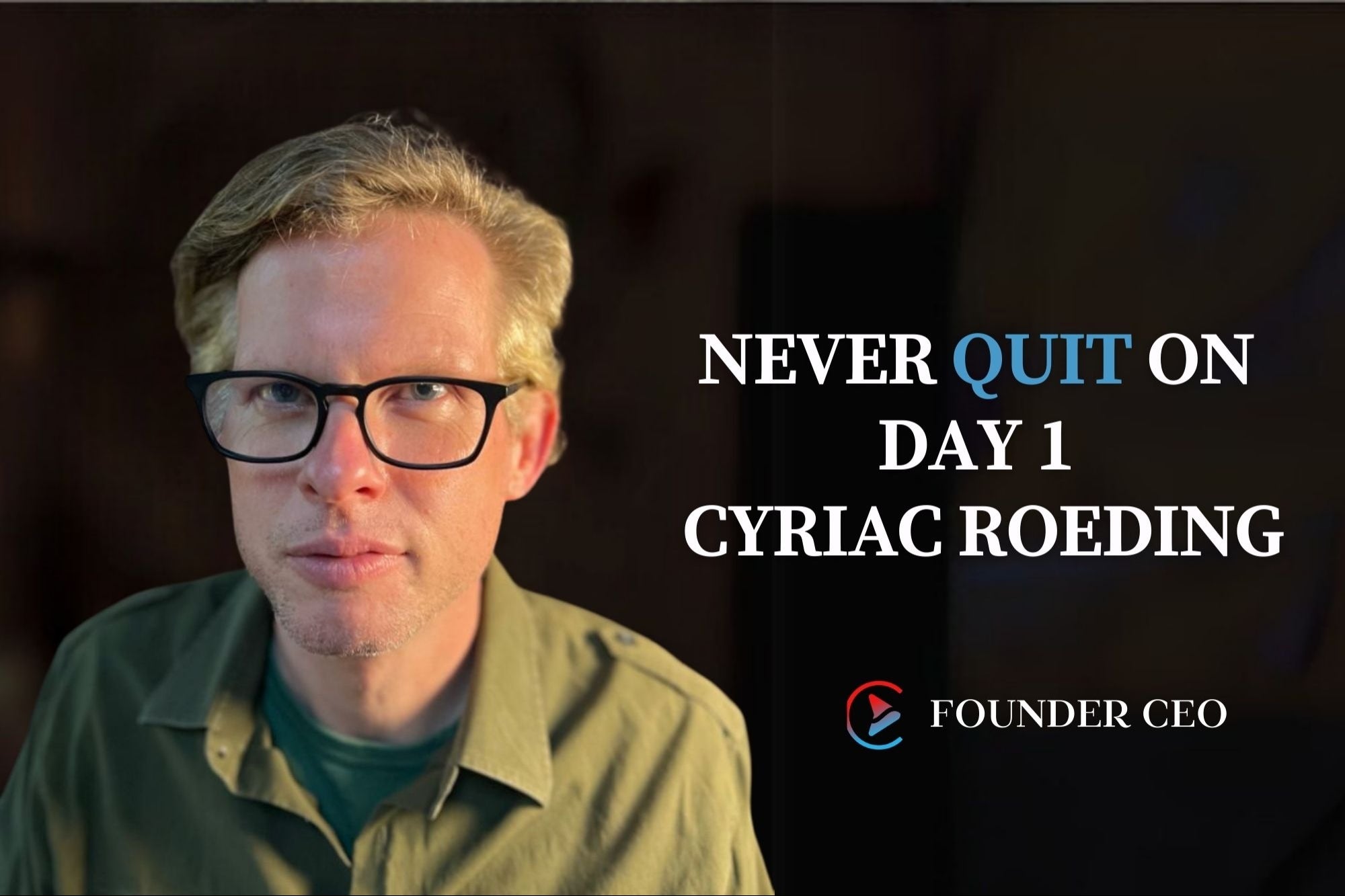Science Shows How Creativity Can Reduce Stress When you're stressed out, try writing a song. It can improve your health.
By Deepak Chopra and Kabir Sehgal Edited by Dan Bova
Opinions expressed by Entrepreneur contributors are their own.

Earlier this year, we grew anxious and distressed with how immigrants were being targeted with inflammatory rhetoric and discriminatory policies. But, instead of taking to the streets to protest with anger, we got busy by composing several songs that culminated in the release of our new album Home: Where Everyone Is Welcome, which is inspired by immigrants. Rather than crying or complaining, we crooned. Indeed, the very action of creation -- whether composing a song or even starting a company -- can help you redirect and reduce stress by using these negative feelings as catalysts to spark innovative ideas and products.
Related: Steve Jobs Systematically Cultivated His Creativity. You Can Too.
Creativity induces positive health effects, including on the heart. In a recent study, researchers provided almost forty people with art supplies such as markers and paper, and told them to create anything they wanted over a period of 45 minutes. The scientists discovered that no matter the artistic experience of the participants, about 75 percent experienced a decrease in their levels of cortisol, a hormone that the body secretes to respond to stress. "Everyone is creative and can be expressive in the visual arts when working in a supportive setting," explained one of the researchers.
This stress study is instructive because it implies that many of us could benefit from art therapy. Just like physical exercise, creative stimulation engages and focuses our minds on the task at hand -- and distracts us from feelings of stress and anxiety.
When you create, you invoke your imagination, which is a productive and constructive use of your mind. By focusing intensely on a creative task, you can achieve the state of "flow," the term coined by psychologist Mihaly Csikszentmihalyi, and which is typically defined as the "optimal state of consciousness where we feel our best and perform our best."
Related: 15 Great TED Talks for Sparking Creativity (Infographic)
In other words, when you "lose yourself" in the composition of a song or the drafting of an investor deck, you are essentially entering a healthy flow state. You don't notice time or events happening around you. According to acclaimed author Steven Kotler, during periods of flow, your brain secrets a healthy dose of pleasure-feeling chemicals such as dopamine, serotonin and norepinephrine. By creating, we may enter flow, which can give us a rush of good feelings.
Perhaps we experience positive feelings because creation is ultimately an act of freedom. You manifest the world you want to see -- one music note or financial forecast at a time. In a study conducted by John Hopkins researchers, the brains of six accomplished jazz musicians were scanned while they improvised on a keyboard. The findings showed that there was a decrease of activity in the region of the brain known as the dorsolateral prefrontal cortex, which is typically associated with thought, deliberation and self-monitoring. This is the part of the brain that you use when taking a tough exam or trying to interpret the words of a potential investor. The muted activity suggests that creativity or more precisely improvisation, lowers your guard.
If you've seen a jazz musician improvise, you can't help but think they are in a state of flow, channeling inner emotions and rendering them into a beautiful melody. "What we think is happening is when you're telling your own musical story, you're shutting down impulses that might impede the flow of novel ideas," said one of the scientists. By creating, we feel freer and live without compunction.
Related: If You're In a Creative Rut, Use This Founder's Surprisingly Simple Tip
Of course, not all of us are jazz musicians or songwriters. But, we should still engage in a creative life -- because we might live longer. In another study, researchers examined the data of 1,000 elderly men over a nearly 20-year period. They discovered that individuals who were more creative tended to live longer, presumably because creativity stimulates many brain regions that could keep it healthier.
"Individuals high in creativity maintain the integrity of their neural networks even into old age .... Keeping the brain healthy may be one of the most important aspects of aging successfully," said Nicolas Turiano, one of the researchers, a psychologist who is now at West Virginia University. He also noted how creative people tend to handle stress better, as they reframe potential obstacles as opportunities: "Creative people may see stressors more as challenges that they can work to overcome rather than as stressful obstacles they can't overcome."
When you're feeling down and out, get busy and creative. By putting yourself into a creative state, you'll be sweeping negative feelings to the corners of the room and making space for a new masterpiece -- even if it's nothing to sing home about!
Related Video: 5 Ways to Carve Out More Creative Time for Yourself











